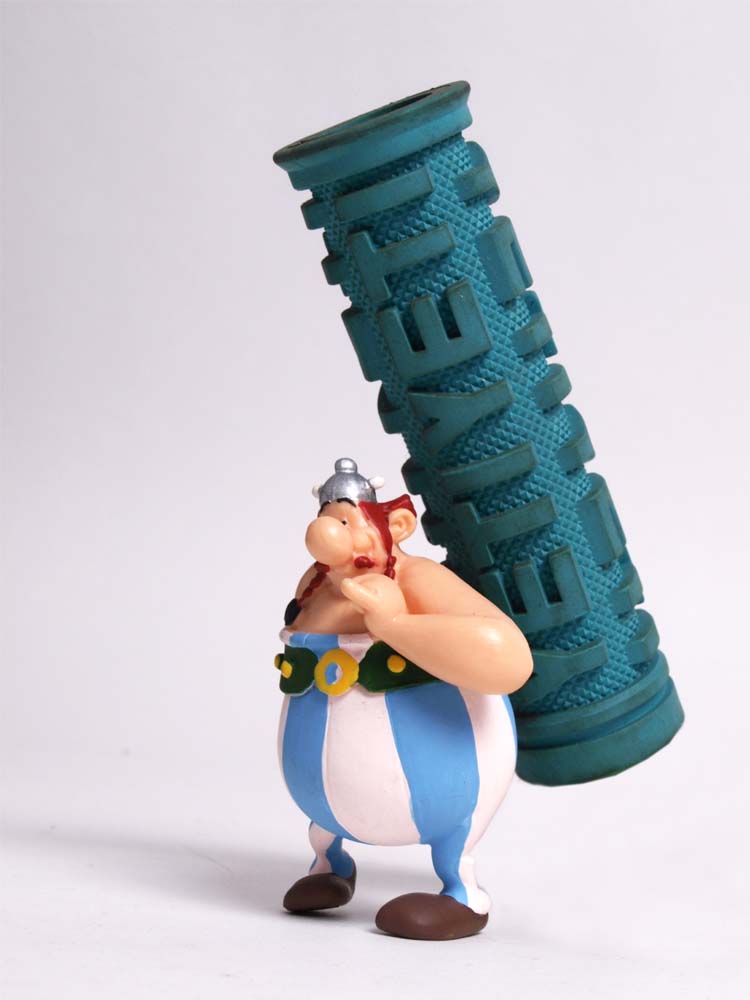You are using an out of date browser. It may not display this or other websites correctly.
You should upgrade or use an alternative browser.
You should upgrade or use an alternative browser.
Do you play with me? EIN?
- Thread starter RikiRiki
- Start date
"Flashbacks" are a reported psychological phenomenon in which an individual experiences an episode of some of LSD's subjective effects long after the drug has worn off, usually in the days after typical doses. In some rarer cases, flashbacks have lasted longer, but are generally short-lived and mild compared to the actual LSD "trip". Flashbacks can incorporate both positive and negative aspects of LSD trips, and are typically elicited by triggers such as alcohol or cannabis use, stress, caffeine, or sleepiness. Flashbacks have proven difficult to study and are no longer officially recognized as a psychiatric syndrome. However, colloquial usage of the term persists and usually refers to any drug-free experience reminiscent of psychedelic drug effects, with the typical connotation that the episodes are of short duration.
No definitive explanation is currently available for these experiences. Any attempt at explanation must reflect several observations: first, over 70 percent of LSD users claim never to have "flashed back"; second, the phenomenon does appear linked with LSD use, though a causal connection has not been established; and third, a higher proportion of psychiatric patients report flashbacks than other users.[58] Several studies have tried to determine how likely a user of LSD, not suffering from known psychiatric conditions, is to experience flashbacks. The larger studies include Blumenfeld's in 1971[59] and Naditch and Fenwick's in 1977,[60] which arrived at figures of 20% and 28%, respectively.
Although flashbacks themselves are not recognized as a medical syndrome, there is a recognized syndrome called Hallucinogen Persisting Perception Disorder (HPPD) in which LSD-like visual changes are not temporary and brief, as they are in flashbacks, but instead are persistent, and cause clinically significant impairment or distress. The syndrome is a DSM-IV diagnosis. Several scientific journal articles have described the disorder.[61]
No definitive explanation is currently available for these experiences. Any attempt at explanation must reflect several observations: first, over 70 percent of LSD users claim never to have "flashed back"; second, the phenomenon does appear linked with LSD use, though a causal connection has not been established; and third, a higher proportion of psychiatric patients report flashbacks than other users.[58] Several studies have tried to determine how likely a user of LSD, not suffering from known psychiatric conditions, is to experience flashbacks. The larger studies include Blumenfeld's in 1971[59] and Naditch and Fenwick's in 1977,[60] which arrived at figures of 20% and 28%, respectively.
Although flashbacks themselves are not recognized as a medical syndrome, there is a recognized syndrome called Hallucinogen Persisting Perception Disorder (HPPD) in which LSD-like visual changes are not temporary and brief, as they are in flashbacks, but instead are persistent, and cause clinically significant impairment or distress. The syndrome is a DSM-IV diagnosis. Several scientific journal articles have described the disorder.[61]
- Feedback
- View
Sheer Genius.
Similar threads
- Replies
- 0
- Views
- 211

